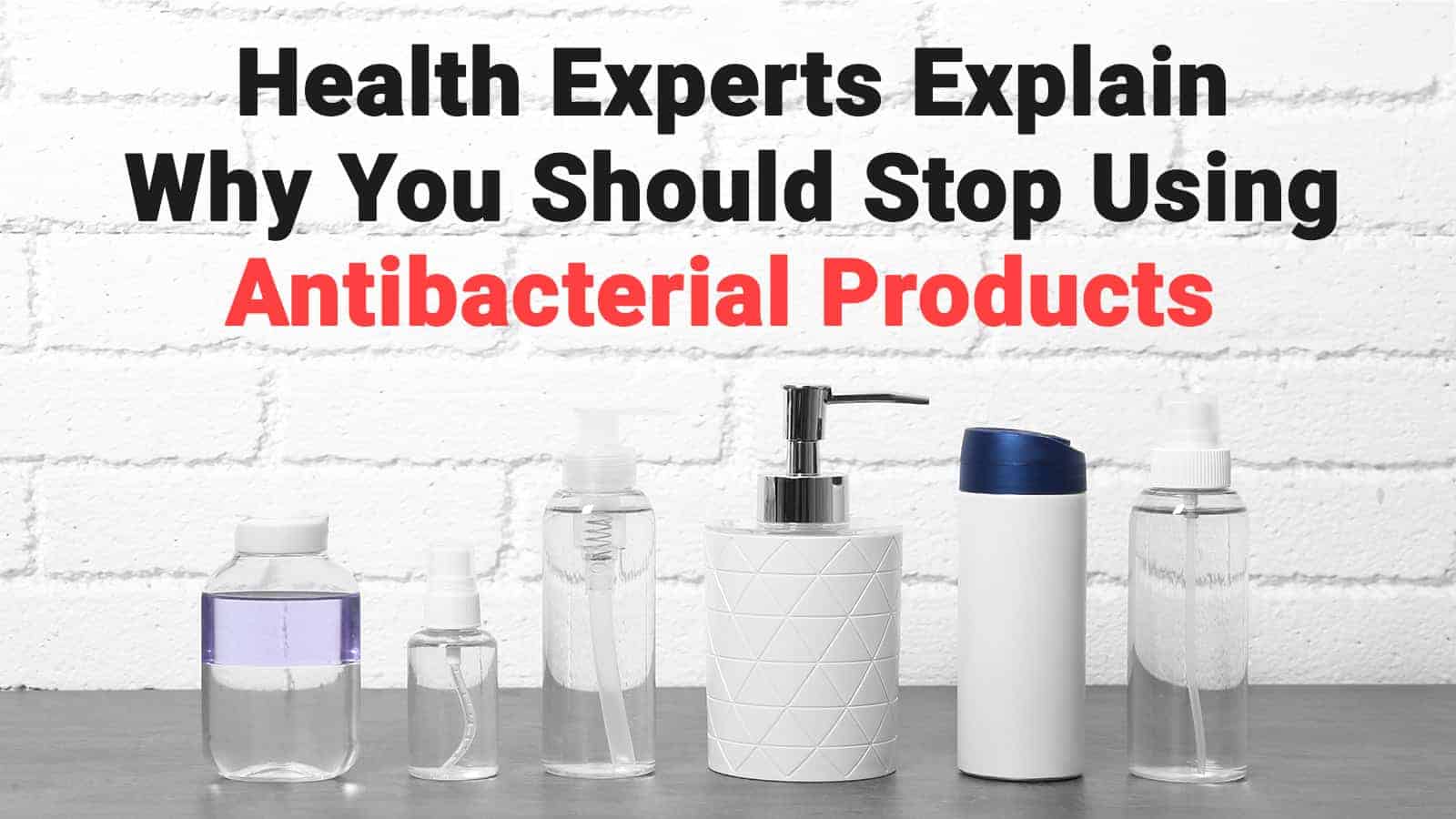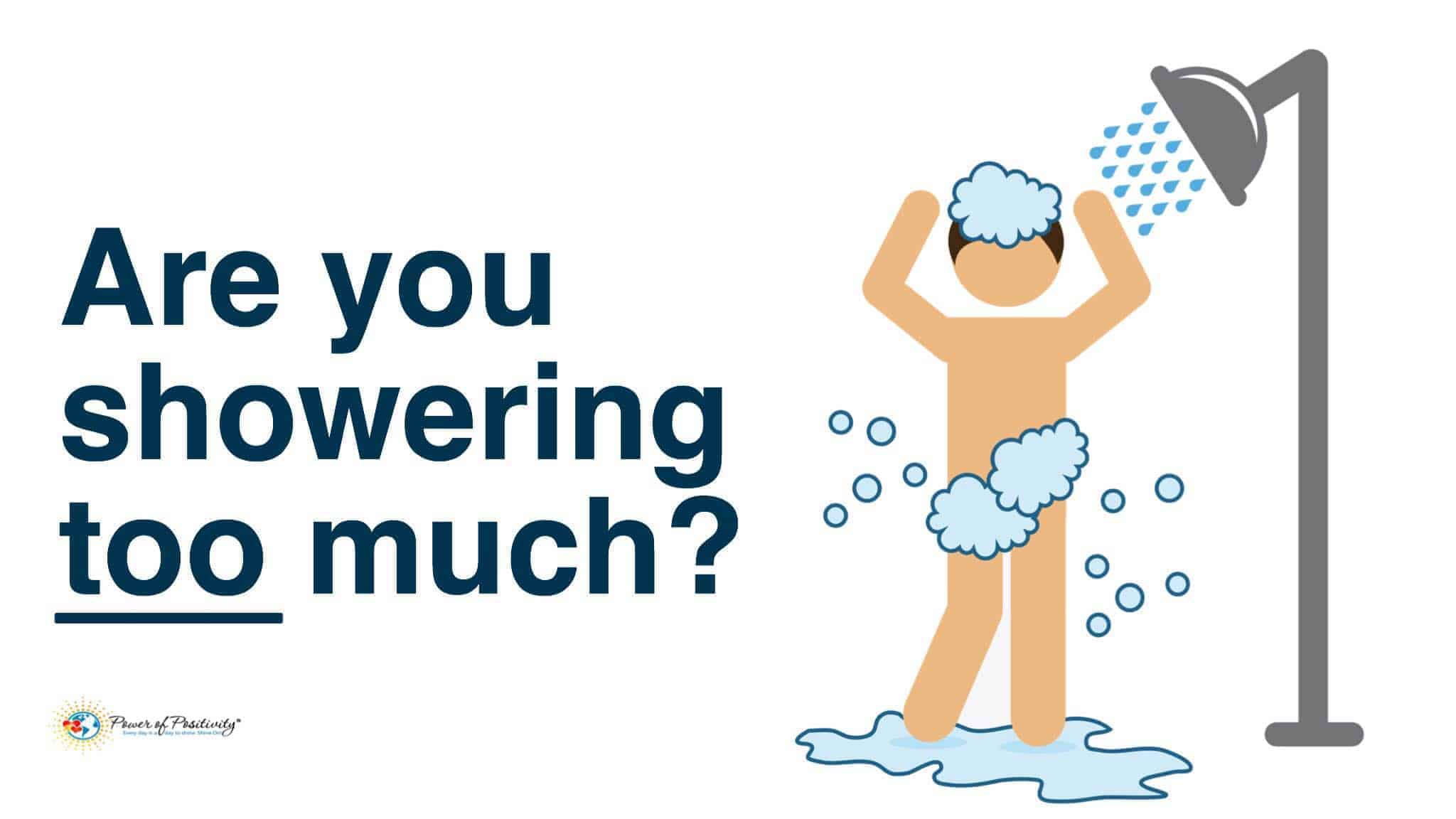“To date, the benefits of using antibacterial hand soap haven’t been proven. In addition, the wide use of these products over a long time has raised the question of potential negative effects on your health.” – The Food and Drug Administration
Did you know that the Food and Drug Administration [FDA] has outlawed the marketing of over-the-counter antiseptics? On September 2, 2016, the United States’ preeminent health agency stated:
“Companies will no longer be able to market antibacterial washes with these ingredients because manufacturers did not demonstrate that the ingredients are both safe for long-term daily use and more effective than plain soap and water in preventing illness and the spread of certain infections.” (Emphasis mine)
Potential Danger of Antibacterials
The final FDA ruling cites the potential harm from 19 active ingredients in antibacterial soap, including triclosan and triclocarban. Per the Mayo Clinic, research has shown that triclosan (commonly found in liquid soaps):
– Alters hormone regulation in animals
– May contribute to the development of antibiotic-resistant organisms
– May be harmful to the immune system
“A large 2008 study, which was designed to assess exposure to triclosan in a representative sample of U.S. children and adults, found triclosan in the urine of nearly 75 percent of those tested.”
Three-quarters of children and adults testing positive for triclosan is a result of the chemical’s widespread use in manufacturing. Per the FDA, triclosan – because of its supposed antimicrobial benefits – has been added to a multitude of products, including clothing, furniture, kitchenware, and (perhaps most disturbingly) children’s toys.
It isn’t just the potential harm of certain chemicals that make the use of antibacterial products nonsensical.
Here are a few other reasons to lay off the antibacterial products:
1. They’re no more protective than soap and water
Theresa M. Michele, MD, Director of the FDA’s Division of Nonprescription Drug Products (DNDP), says: “Consumers may think antibacterial washes are more effective at preventing the spread of germs, but we have no scientific evidence that they are any better than plain soap and water. In fact, some data suggest that antibacterial ingredients may do more harm than good over the long-term.”
2. They may suppress the immune system
The immune system is the body’s primary defense against sickness and disease. As such, we all want to keep our immune systems healthy; oddly enough, antibacterial products may work against us in this respect.
In all fairness, the data on this is relatively sparse. However, if using soap and water is as effective killing bacteria and potentially safer in the long-run, why would we want to risk it? If no soap and water are available, the FDA recommends using hand sanitizer with at least 60 percent alcohol.
3. They promote bacterial resistance
Though diminutive in size, bacterial organisms evolve and adapt to their environment and reproduce like every other species. In this respect, overexposure to substances designed to eliminate them can have the opposite effect.
On a large scale, harmful bacteria that’s hard to neutralize can create a public health hazard. Extraordinary advances in medicine, including pharmaceutical drugs and vaccinations, has dramatically reduced the odds of a widespread health epidemic. Nonetheless, public health organizations, e.g., the FDA, CDC, and EPA recognize the importance of minimizing risk wherever found. Hence, the research into antibacterial (and related) products.
4. They’re little more than a cash cow
Consider this exchange between Ed Kavanaugh, president of the Cosmetic, Toiletry and Fragrance Association – an organization designed to “promote, aid, foster, develop and protect the interests of the cosmetic, toiletry and fragrance (industries),” and Robert Sharbaugh, an epidemiologist and chairman of the Association for Professionals in Infection Control and Epidemiology (APIC).
Kavanaugh: “Antibacterial products do not cause bacterial resistance. They kill germs, thus breaking the circle of infection.”
Dr. Sharbaugh wasn’t having it. “These products imply that they lower the risk of infection, which is blatantly untrue. There is a misbelief that if you use this, it will cut down on diseases like colds. That’s crazy because many of these diseases are viral in nature.”
Apparently, Kavanaugh and his cronies weren’t aware that bacteria and viruses are two different organisms. Call us crazy, but it’s probably safer to trust the scientists and doctors on a health issue.
5. We don’t know what they’re made of
Unless you’re a chemist, you’ve probably never heard of any of the 19 ingredients that the FDA has restricted.
You’ve probably never heard of chemicals currently being investigated, either. Benzalkonium chloride? Benzethonium chloride? Chloroxylenol?
Huh?
After releasing rules governing the sale of antibacterial products containing a laundry list of chemicals, the FDA requested information on hand sanitizers and other products that may contain harmful chemicals.
(Regarding hand sanitizers, the FDA concludes that these products – much like antibacterial soaps – are not superior to “thorough hand-washing.”)
As a result of the industry’s continuous assertions minus any evidence, “The Federal Trade Commission has (begun) cracking down on some manufacturers for making unsubstantiated health claims regarding products containing (germicides).”
The best idea? Wash your hands for 60 seconds with warm water. Most hand sanitizer products are okay, according to the FDA. Though, it’s still a good idea to look at the labels and understand what’s in the product.
(C)Power of Positivity, LLC. All rights reserved
https://www.youtube.com/watch?v=5Is-S9IzXN0














 Community
Community

